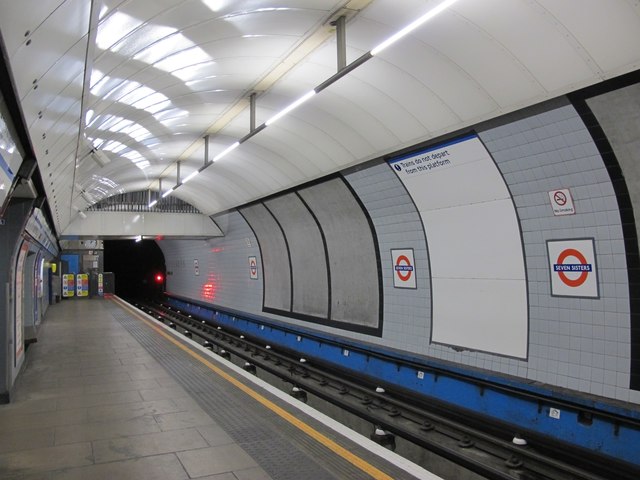Stimulated by Huang et al 2024.[1]

This is entirely unrelated to the content of this blog apart from the shared word – tube.
‘tubes’ – this refers to urinary catheters, NG tubes and tracheostomies
key to acronyms and terms
NG – nasogastric
NHIRD – nation health insurance research database (Taiwan)
HCC – home health care
LGTD – longitudinal generation tracking database
aHR – adjusted hazard ratio
CI – confidence interval
I continue to be surprised by these retrospective cohort studies from Taiwan. The technical details involve identifying a cohort of interest from a huge database (NHIRD), matching a subgroup who received acupuncture with one that did not, and then extracting data related to an outcome of interest.
In this case the authors were interested in the development of disability in patients diagnosed with dementia, and whether or not acupuncture was associated with a reduced risk of developing disability.
Disability is a potentially rather broad category with quite fuzzy margins, so I immediately wondered about how they defined it in the necessary black and white manner (akin to a discreet variable) in order to do the stats. Well, those who have read the top line of my acronyms list, and were curious about the blog title, may have guessed. Disability was defined has having one or more of the following tubes placed: a urinary catheter; an NG tube; or a tracheostomy (tube).
At first, I thought this was a rather clunky way of defining disability, but from the economic perspective it probably is a very good marker for defining increased healthcare costs for the population. I have noted before that in Taiwan the nation health insurance covers weekly acupuncture for your entire life. Well, I learnt from this paper that it also covers daily home health care (HCC) for everyone over the age of 80 due to the increased prevalence of disability in this age group.
Research on HCC in Taiwan has shown that HCC for disabled patients is associated with considerably lower rates of hospitalisation and use of emergency services without being associated with any significant difference in total healthcare costs.[2]
The research we are considering is one step before this of course, by considering the possibility of reducing disability in an at-risk population.
The authors used the LGTD 2005 (a subset of the NHIRD) to search for new diagnoses of dementia between January 2008 and December 2016. They found over 25k individuals; however, more than 16k of these already had disability and so had to be excluded. They were left with just under 10k, 2469 of whom had accepted acupuncture following their diagnosis. After propensity score matching, 2422 were left in each cohort.
Acupuncture use was associated with a 35% reduction (aHR 0.65) in the risk of ending up with a tube (aka disability). Men had a higher risk (aHR 1.33) and risk increased substantially with age, but urbanisation and income were not associated with any difference in risk.
I was very interested to see that apart from diabetes and hypertension, no other comorbidities were associated with an increased risk of disability, but that hyperlipidaemia was associated with a highly significant risk reduction (aHR 0.74). I was curious whether this group were all on statins, and any beneficial effect was down to them, or whether having more lipid circulating in your veins is good for an organ (the brain) made almost exclusively of the same.
Acupuncture was associated with a risk reduction in all categories to a similar degree. A slightly larger risk reduction was seen in men, and it looks to me as if there was a significant difference between the sexes (the CIs of the aHRs did not overlap), although this was not reported. Of course, men were at an increased risk to start with, and the mean difference in risk between men and women who received acupuncture does not appear to make up for the baseline risk of being male.
So, the bottom line is that if you are a man who is unsure of the location of his marbles, best you start having some acupuncture before some well-meaning member of the care community approaches you with a tube.
References
1 Huang C-Y, Wu M-Y, Huang M-C, et al. The Association between Acupuncture Therapy and the Risk of Disability Development in Dementia Patients: A Nationwide Cohort Study. Neuropsychiatr Dis Treat. 2024;20:295–305.
2 Lee Y-H, Lu C-W, Huang C-T, et al. Impact of a home health care program for disabled patients in Taiwan: A nationwide population-based cohort study. Medicine (Baltimore). 2019;98:e14502.
You must be logged in to post a comment.